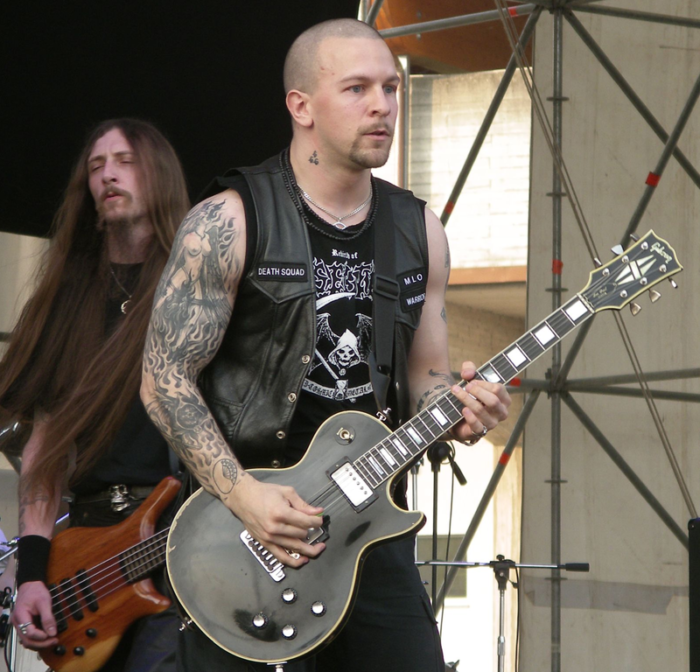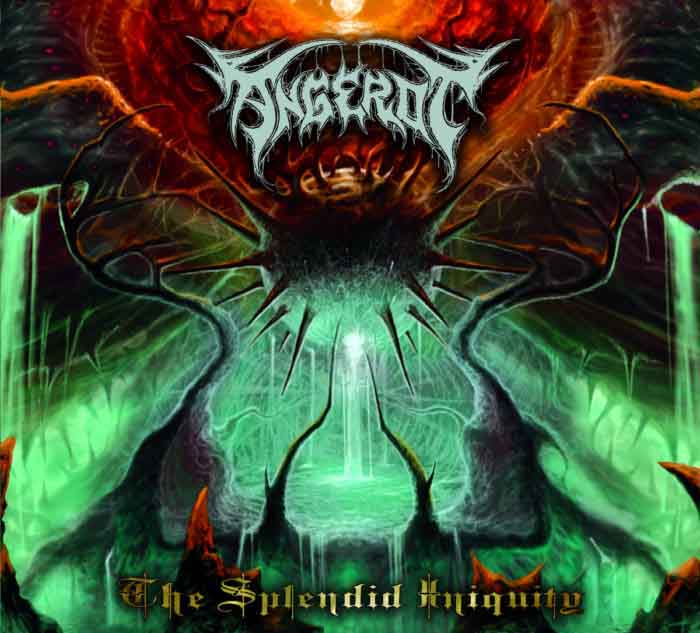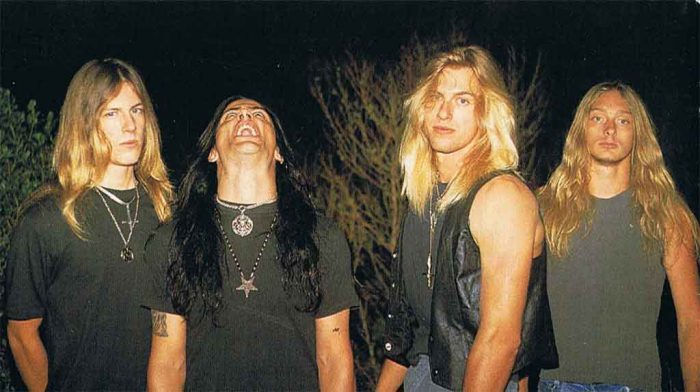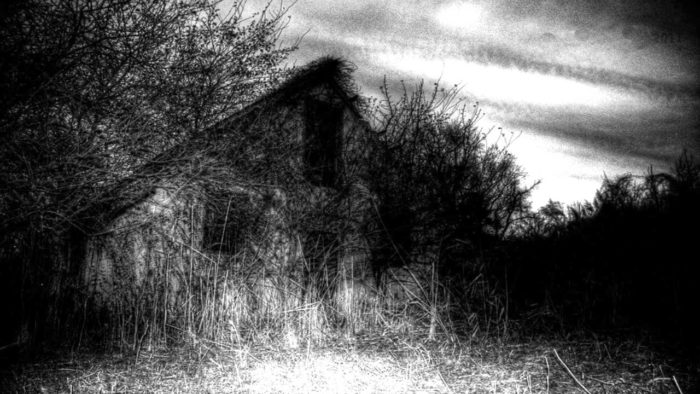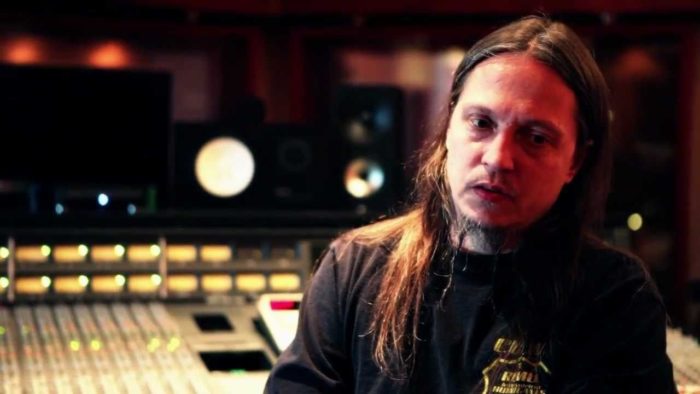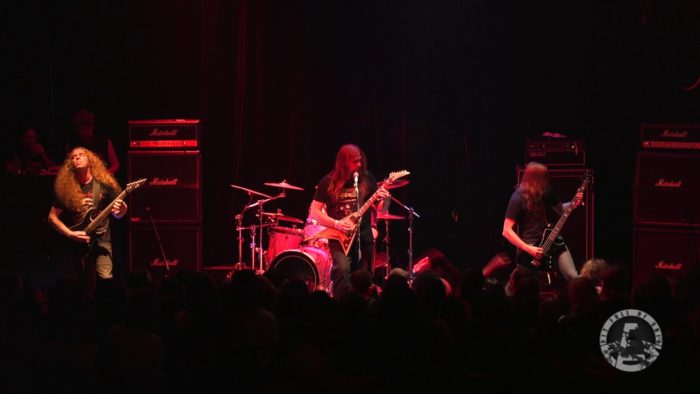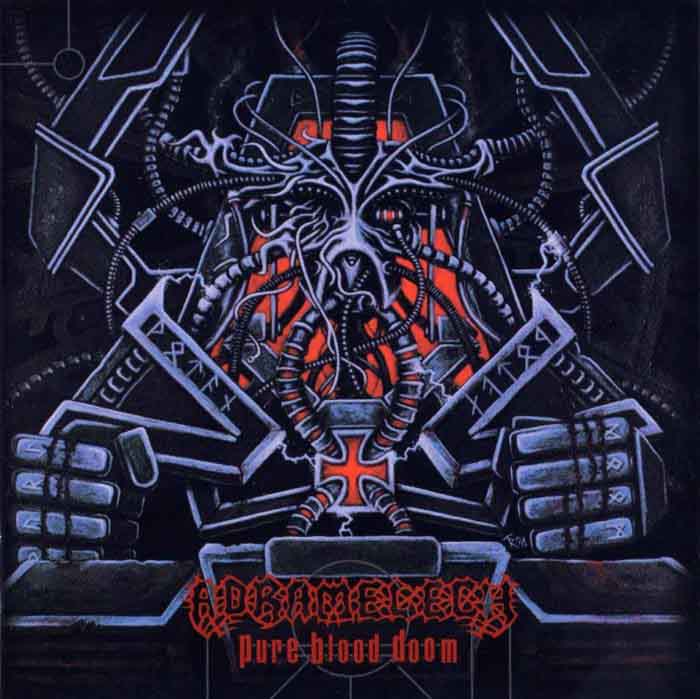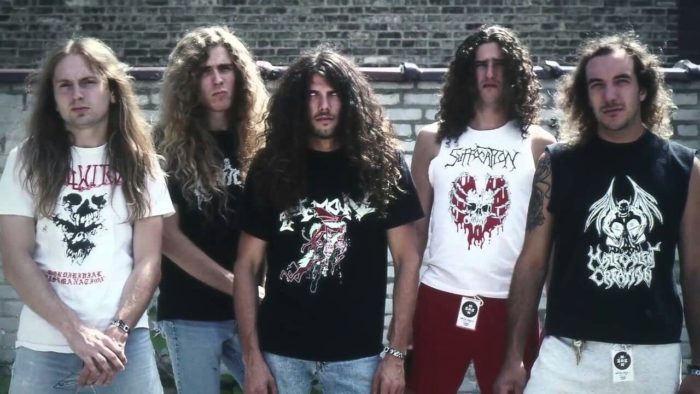
Who is the most popular death metal band?
It’s one of those esoteric questions that wanders in and out of the mind without a quick Google search to offer a definite solution. But today it dawned on me that if I don’t try to find an answer, it’s unlikely any one else will do a decent job at doing so. And given the fact that deathmetal.org is the number one site that comes up when you Google “death metal news,” I believe we have a journalistic duty to present the world with this information.
Since where to draw the line on what’s “true” death metal or not is a matter of opinion moreso than concrete fact, I determined that anything labeled “death metal” would be fair game whether it truly was a pure death metal band or not. Therefore I’d consider melodic death metal, black metal, and even deathcore in an effort to find who had conquered the greater sphere of death metal.
Unfortunately, the Nielsen record sale tracking data is not public and often does not identify how well an album has sold for many years after its release. Thus, I determined that the most accurate metric for mining this data would be to measure by Facebook likes. Yes, I know it’s not an exact science- many fans aren’t on Facebook, and many people click a band’s like button without really listening to them. But still, it was as good as I would ever get to finding who the most popular band in the greater bounds of “death metal” truly was.
I expected to see the favorites of the 90’s metal press and MTVX dominate- Cannibal Corpse, Morbid Angel, Decide, Death, and probably In Flames take the number 1 spot. Imagine my shock, that only one of these bands even cracked the top 5! I had always heard about Morbid Angel and Deicide had the highest album sales, but it appears neither band has been able to conquer the internet age.
So again, this list was populated within very forgiving boundaries (bands loosely considered death metal, whether or not I believed them to be), and the best metric I could come up with. Also, DO NOT FUCKING EVEN THINK OF CONFUSING THIS AS BEING A LIST OF THE BEST DEATH METAL- IT IS QUITE THE OPPOSITE!!! And finally, if there are any bands you think I missed please let me know in the comments below and I will gladly do a live update and give you credit- maybe.
Without further ado, here is – for the first time in history – a list of the most popular bands that people considered to be death metal, and an explanation to why I would endure the immense visceral hatred for even considering them:
(more…)
44 CommentsTags: At the Gates, behemoth, biggest death metal, biggest death metal bands, cannibal corpse, carcass, death metal, Deicide, Facebook likes, in flames, mainstream death metal, metal, morbid angel, most popular death metal, most popular death metal bands, opeth, suffocation, The Black Dahila Murder, who are the most popular death metal bands
